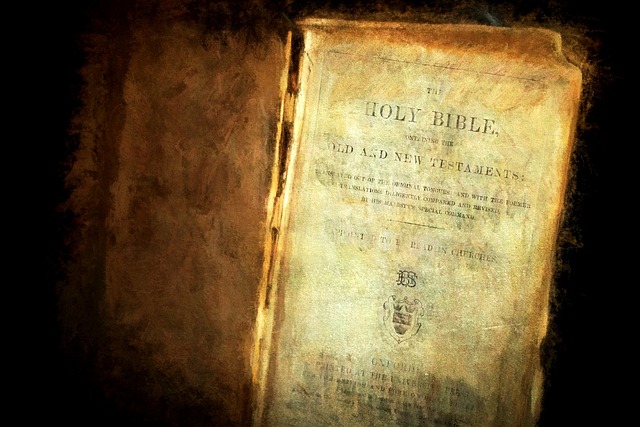Rev. José Mario O. Mandía
jmom.honlam.org
Some years back, a friend who had just been assigned to another parish told me that one of the first things he did upon arriving was to try to look for “lost sheep.” When he met one of them, he asked her why she had started going to a protestant church.
She said, “Well, Father, we do Bible study there.”
“But we have Bible-sharing here!” he replied.
“Father, I don’t want the Bible shared. I want it explained!”
Doesn’t that remind us of the story of the deacon Philip?
“And he rose and went. And behold, an Ethiopian, a eunuch, a minister of the Candace, queen of the Ethiopians, in charge of all her treasure, had come to Jerusalem to worship and was returning; seated in his chariot, he was reading the prophet Isaiah. And the Spirit said to Philip, ‘Go up and join this chariot.’ So Philip ran to him, and heard him reading Isaiah the prophet, and asked, ‘Do you understand what you are reading?’ And he said, ‘How can I, unless someone guides me?’ And he invited Philip to come up and sit with him” (Acts 8:27-31).
Yes, how can we understand Scripture unless someone guides us? Saint Peter wrote: “First of all you must understand this, that no prophecy of scripture is a matter of one’s own interpretation, because no prophecy ever came by the impulse of man, but men moved by the Holy Spirit spoke from God” (II Peter 1:20-21).
This is why we need to read the Scripture with “the church of the living God, the pillar and bulwark of the truth” (I Timothy 3:15).
Moreover, we are also told by Saint John that “there are also many other things which Jesus did; were every one of them to be written, I suppose that the world itself could not contain the books that would be written” (John 21:25). Many of those sayings and deeds of Jesus include explanations He gave to His apostles, whom he commanded: “Go into all the world and preach the gospel to the whole creation” (Mark 16:15). He told them to preach, not to write. Jesus did not give away free copies of the Gospels. It was the Church that put the accounts together and determined which accounts were trustworthy and belonged to Apostolic Tradition.
So, what’s the point? The point is that we cannot look for the Christian message and its explanation only in Sacred Scripture. Sacred Scripture is only a portion of what was handed down by the Apostles. We need someone to explain the Sacred Writings. The whole Christian message is found in Apostolic Tradition (“tradition” comes from the Latin tradere which means “to hand down”). “Apostolic Tradition is the transmission of the message of Christ, brought about from the very beginnings of Christianity by means of preaching, bearing witness, institutions, worship, and inspired writings. The apostles transmitted all they received from Christ and learned from the Holy Spirit to their successors, the bishops, and through them to all generations until the end of the world” (CCCC 12).
This is why Saint Paul insists, “So then, brethren, stand firm and hold to the traditions which you were taught by us, either by word of mouth or by letter” (II Thessalonians 2:15). Take note: Apostolic
Tradition encompasses both spoken and written teachings. The Church explains: “Apostolic Tradition occurs in two ways: through the living transmission of the word of God (also simply called Tradition) and through Sacred Scripture which is the same proclamation of salvation in written form” (CCCC 13).
In this series, we shall explore that “living transmission of the word of God” so that, as Saint Paul says, “you, being rooted and grounded in love, may have power to comprehend with all the saints what is the breadth and length and height and depth, and to know the love of Christ which surpasses knowledge, that you may be filled with all the fullness of God. Now to him who by the power at work within us is able to do far more abundantly than all that we ask or think, to him be glory in the church and in Christ Jesus to all generations, for ever and ever. Amen” (Ephesians 3:17-21).
(Photo: cgrape@pixabay.com)


 Follow
Follow


